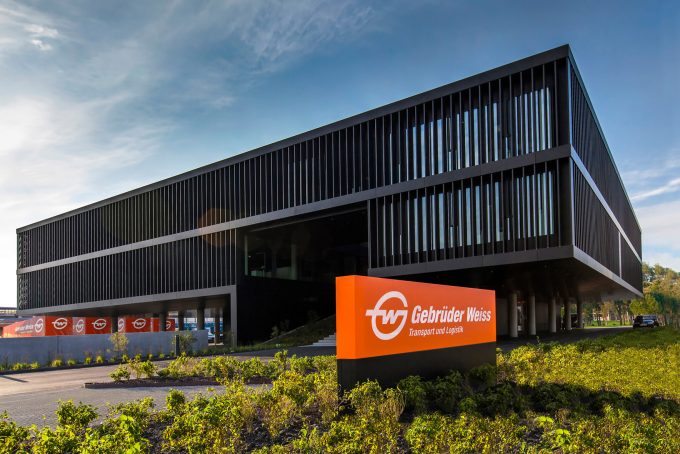US mega-airlines grow cargo volumes, but miss out on ecommerce boom
The three US mega-airlines – Delta, United and American – expanded their cargo traffic in ...
TFII: SOLID AS USUALMAERSK: WEAKENINGF: FALLING OFF A CLIFFAAPL: 'BOTTLENECK IN MAINLAND CHINA'AAPL: CHINA TRENDSDHL: GROWTH CAPEXR: ANOTHER SOLID DELIVERYMFT: HERE COMES THE FALLDSV: LOOK AT SCHENKER PERFORMANCEUPS: A WAVE OF DOWNGRADES DSV: BARGAIN BINKNX: EARNINGS OUTODFL: RISING AND FALLING AND THEN RISING
TFII: SOLID AS USUALMAERSK: WEAKENINGF: FALLING OFF A CLIFFAAPL: 'BOTTLENECK IN MAINLAND CHINA'AAPL: CHINA TRENDSDHL: GROWTH CAPEXR: ANOTHER SOLID DELIVERYMFT: HERE COMES THE FALLDSV: LOOK AT SCHENKER PERFORMANCEUPS: A WAVE OF DOWNGRADES DSV: BARGAIN BINKNX: EARNINGS OUTODFL: RISING AND FALLING AND THEN RISING

E-commerce, and strong air and sea sales saw Gebrüder Weiss enjoy an uptick in turnover in 2020, despite falling revenue in its land transport and logistics division.
The forwarder, which expanded last year, posted net sales of €1.77bn ($2.1bn), up 3.7%, but “various restrictions and the closure of some customers’ plants, especially during Q2” brought a 4.3% decline to €1.1bn in its land transport and logistics arm.
Perhaps the most noticeable figure shared by the group was home delivery consignments, up 29% on a year earlier. Gebrüder Weiss claims to be market leader in online retailing deliveries in Austria and “several Eastern European countries”.
Revenue in air and sea also rose a significant amount – up 23.7% to €470m.
“Along with a strong business performance, most notably in the air freight sector, the acquisition of Ipsen Logistics had a positive impact,” explained the company.
It focused on three elements of its business in a results release short on detail (as common with privately owned companies). But it did reveal a busy year at the forwarder, despite Covid-related challenges, including launching its customer portal, myGW, which offers real-time status information. Currently operating in the company’s heartland six European countries, the portal will be rolled out to more this year.
Last year also saw the forwarder expand into Poland, South Korea, Malaysia, Australia and New Zealand.
Chairman Wolfram Senger-Weiss said: “Given the restrictions on travel, the expansions were all implemented remotely. This involved daunting challenges for the various teams, which they managed well using digital communication tools.”.
All in all, the logistics company invested more than €70m in 2020, extending its terminal network and IT infrastructure, as well as in acquisitions.
Its focus on the environment is noteworthy: it has pledged to cut emissions by 10% annually, to become CO2-neutral by 2030. It has installed photovoltaic systems at its logistics terminals and is increasingly using alternative drive technologies such as electricity, gas and hydrogen for trucks. And since last year, it has also been offering customers the option of offsetting their carbon emissions with support for certified climate protection projects.
Mr Senger-Weiss said the employees – of which there are now some 7,400 in 35 countries – performed “outstanding work under difficult conditions”.
“Key to our positive development was the fact that we remained flexible and fully operational during the Covid-19 crisis at all of our locations worldwide. We retained our ability to provide the transport solutions our customers need, despite repeated lockdowns and global cargo space shortages.”
Comment on this article